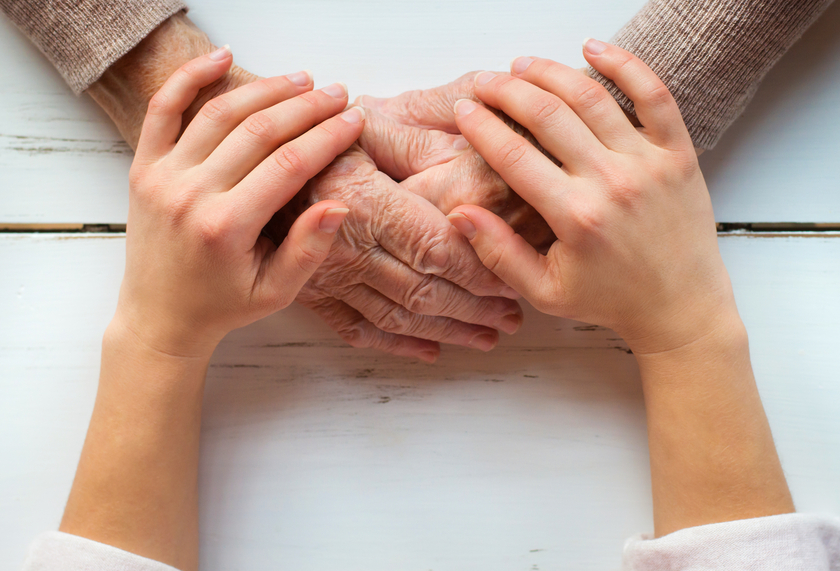Caregiving is often described as the toughest job you never applied for.
For the people caring for a loved one with Alzheimer’s or dementia, that can be particularly true. The work is physically and emotionally grueling and can have a devastating effect on the caregiver’s health. According to the Alzheimer’s Association nearly 60 percent of Alzheimer’s and dementia caregivers rate the emotional stress of caregiving as high or very high. About 40 percent suffer from depression. What’s more, many neglect their own health: one in five care contributors cut back on their own doctor visits because of their care responsibilities.
Alzheimer’s is a progressive disease and as the patient’s condition deteriorates, caring for him becomes increasingly difficult. In addition to the taxing physical challenges of bathing and toileting a patient, the emotional challenges associated with witnessing his or her behavioral and cognitive decline can also take a toll. And while many caregivers feel they must persevere out of love and loyalty, knowing when to ask for help is important.
Here are some tips from the Mayo Clinic to help you ask for help:
- Be realistic. Recognize that you can’t do everything on your own. Asking for help doesn’t make you inadequate or selfish.
- Timing is everything. Consider what is going on in your friends’ and family members’ lives and schedules. Try to approach people for help at a good time, when they aren’t feeling tired or overly stressed themselves.
- Be specific. If someone offers to help or you need to ask for it, have particular tasks in mind. This may or may not involve helping to care for your loved one.
- Consider abilities and interests. If your daughter loves to cook, ask her for help preparing meals. If your neighbor loves to garden, ask for help with yard work. If a friend is an avid reader, invite her to read aloud to your loved one.
- Take advantage of community resources. Sometimes you can’t cobble together enough help from friends, family and faith communities. If you need more help consider using an adult day program or seeking in-home assistance.
Remember, you can’t care for your loved one if you are overwhelmed. Don’t wait until you are feeling burnt out and exhausted to seek help. Be proactive and, if possible, involve your whole family in planning and providing care. Seek out support groups and respite services. If you find yourself sinking into depression, seek professional help.


